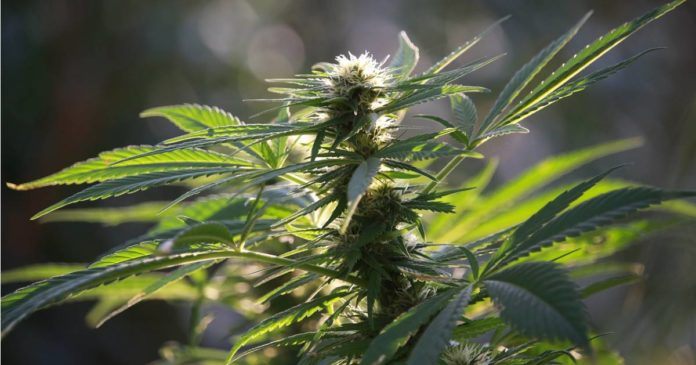The U.S. Food and Drug Administration has started sending warning letters to companies selling products labelled as containing delta-8 THC.
Delta-8 THC is an intoxicating cannabinoid that can be produced by manipulating cannabidiol (CBD) extracted from hemp that is grown legally, and then concentrated.
The rise of delta-8 THC and other novel types of tetrahydrocannabinol in the USA has been driven by an interpretation of federal law. The legal definition of hemp only refers to delta-9 THC levels, which must be less than 0.3 percent. Above that and hemp is considered marijuana, and marijuana is illegal at a federal level.
While delta-8 THC products are most often used recreationally for the intoxicating effect they provide, some are also being promoted for medicinal use.
And none of this flies with the FDA.
“There are no FDA-approved drugs containing delta-8 THC,” states the agency. “Any delta-8 THC product claiming to diagnose, cure, mitigate, treat, or prevent diseases is considered an unapproved new drug.”
In its first salvo to tackle the issue, it has issued warning letters to five companies concerning what it says is the illegal marketing of delta-8 THC products as unapproved treatments for various medical conditions or for other therapeutic uses in humans, and also in animals in some cases. Additionally, alleged violations related to drug misbranding and the presence of delta-8 THC in foods in are cited.
It appears some of the companies involved have also been rapped over the knuckles with regard to the promotion of medicinal, dietary supplement and food products containing cannabidiol (CBD). Unlike Delta-8 THC, CBD is not intoxicating and has been on the US scene for some years. The FDA has sent out many warning letters concerning CBD, yet is still faffing about in terms of CBD regulation – and this isn’t helping the situation in terms of consumer protection.
Regarding the latest batch of letters, the FDA states:
“The FDA has requested written responses from the companies within 15 working days stating how they will address these violations and prevent their recurrence. Failure to promptly address the violations may result in legal action, including product seizure and/or injunction.”
The agency has previously published consumer advice on delta-8 THC, noting it had received 104 reports of adverse events in those who consumed products containing the cannabinoid between December 1, 2020 and February 28 this year. 55% of these incidents reportedly required medical intervention or assessment. The severity and outcomes of these events was not detailed. It also notes national poison control centers received 2,362 exposure cases of delta-8 THC products from January 1, 2021 to February 28, 2022.


